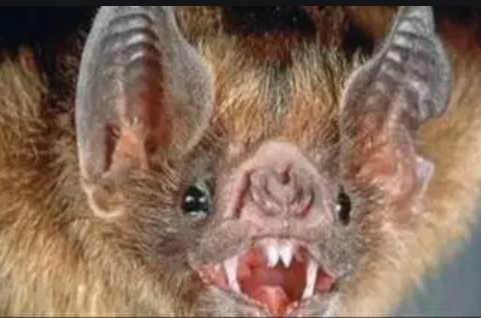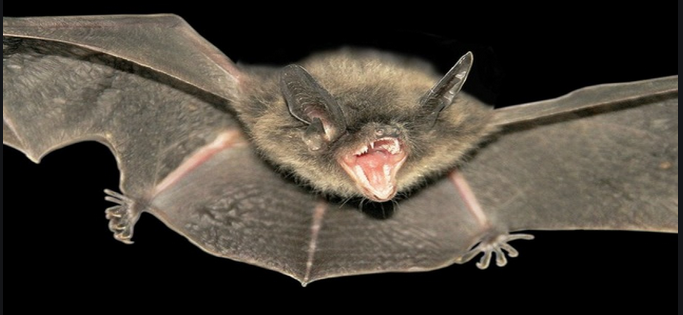August 9th, 2019
BURLINGTON, ON
On August 7, 2019, the Halton Region Health Department confirmed that a bat found in the area of Upper Middle Road and Cavendish Drive in Burlington and a bat found in the area of Lakeshore Road and Bronte Road in Oakville have tested positive for rabies.
These are the first two confirmed cases of rabies in Halton this year. Residents who may have had physical contact with a bat are advised to contact the Health Department by calling 311.
“The Health Department is reminding residents to avoid all contact with bats and other wild animals,” said Dr. Hamidah Meghani, Halton Region Medical Officer of Health. “Anyone who comes in physical contact with a bat or other wild animal should see a physician immediately and contact the Health Department.”
Rabies is a viral disease that causes severe damage to the brain and spinal cord, and if untreated before symptoms appear, can lead to death. The virus is spread through the saliva of an infected animal, usually entering through a bite or scratch. Rabies illness in humans can be prevented after exposure to rabies by the use of rabies vaccine, which is extremely effective, but only if it is administered before symptoms occur.
It is not always possible to identify if a bat has rabies, however rabid bats may move slowly, lose the ability to fly, remain active during daylight hours or be unresponsive to loud noises.
There are a number of things you can do to protect your family and pets:
• Seek medical attention immediately if you come in contact with a raccoon, skunk, bat or other potentially rabid animal.
• Report all animal bites or scratches to the Halton Region Health Department.
• Warn your children to stay away from any wild, stray or aggressive animals.
• Do not feed or keep wild animals as pets.
• Do not touch dead or sick animals.
• Make sure your pet’s rabies vaccinations are up to date.
• Keep your pet on a leash when off your property.
• Have your pet seen by a veterinarian if it has come in contact with a raccoon or other wild animal.
For more information on rabies, visit halton.ca or contact the Halton Region Health Department by calling 311.





















Coyotes,foxes,skunks,unvaccinated dogs and cats are also potential rabies carriers. In fact all unvaccinated mammals exposed to rabies are susceptible.
Coyotes never seem to be mentioned as potential rabies carriers; why is that?